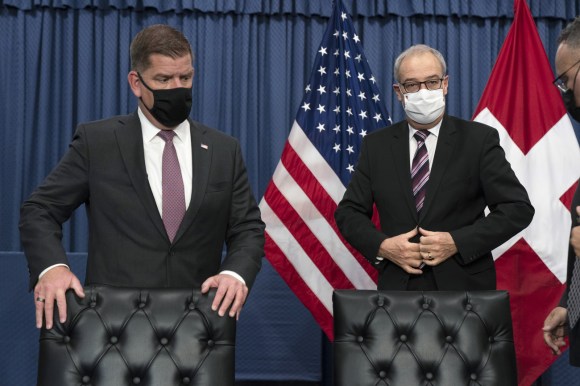

In law, this is termed real evidence, and may also amount to what is referred to as ‘res gestae’ evidence, which means that it may well be admissible. In cases where the police attend an alleged domestic violence incidence, the officers will very often have body worn video cameras in operation, these record what is said and done when they arrive.

The prosecution may be able to proceed without the witness’s evidence, relying on other witnesses or sources of evidence.

The rules here are particularly complex, and all our solicitors are well versed in their proper application.ģ. The prosecution may be able to rely on the witness’s evidence by making an application under the hearsay rules this procedure is often used if the witness is too frightened to give evidence or cannot be found. We can advise further on the rules that apply to your specific case.Ģ. In some instances, a witness cannot be forced to answer questions, referred to in law as ‘not compellable’. If a witness refuses to answer questions, they may be punished for contempt of court, and this threat is often enough to persuade them to comply. Once in the witness box, the witness may then decide to answer questions. Almost all witnesses are ‘competent’, which means that they can be called to court to give evidence, under arrest if they refuse to attend voluntarily. If a witness will not cooperate, the prosecution has the option to apply for a witness summons to force that witness to court. The starting point is that no prosecution can go ahead unless there is a realistic prospect of conviction, but how the prosecution case is formulated remains a matter for the Crown Prosecution to decide.ġ. We often get asked how prosecutions can proceed in the absence of cooperation from the victim or chief witness. Can You Be Prosecuted in the Absence of a Victim?


 0 kommentar(er)
0 kommentar(er)
